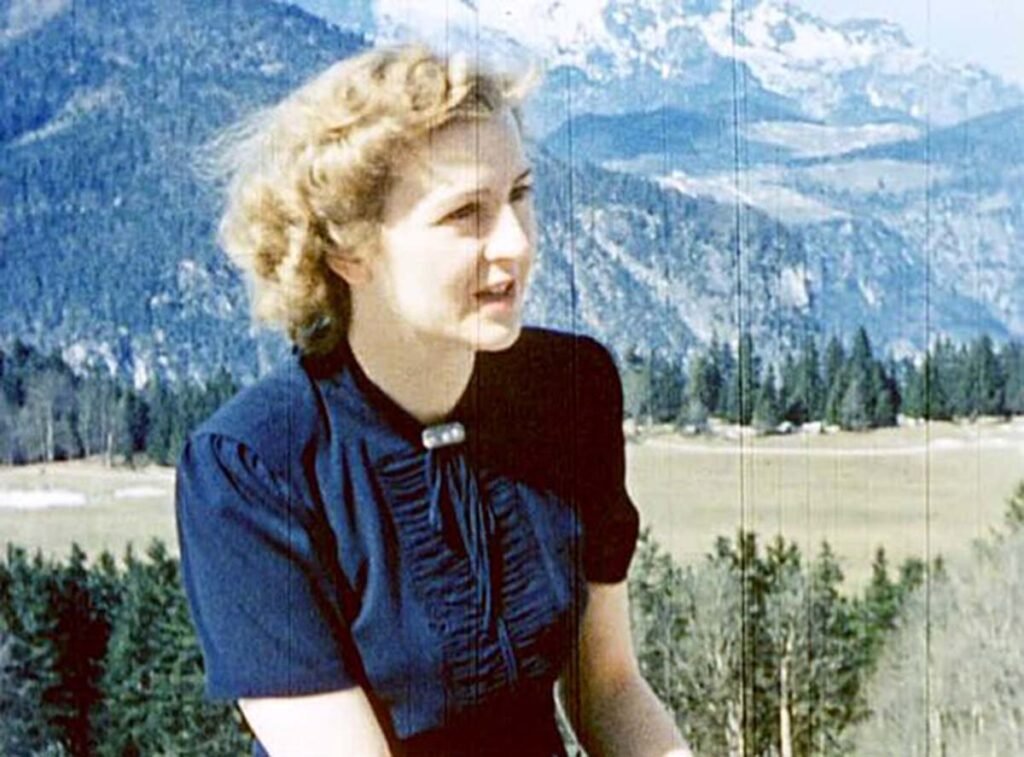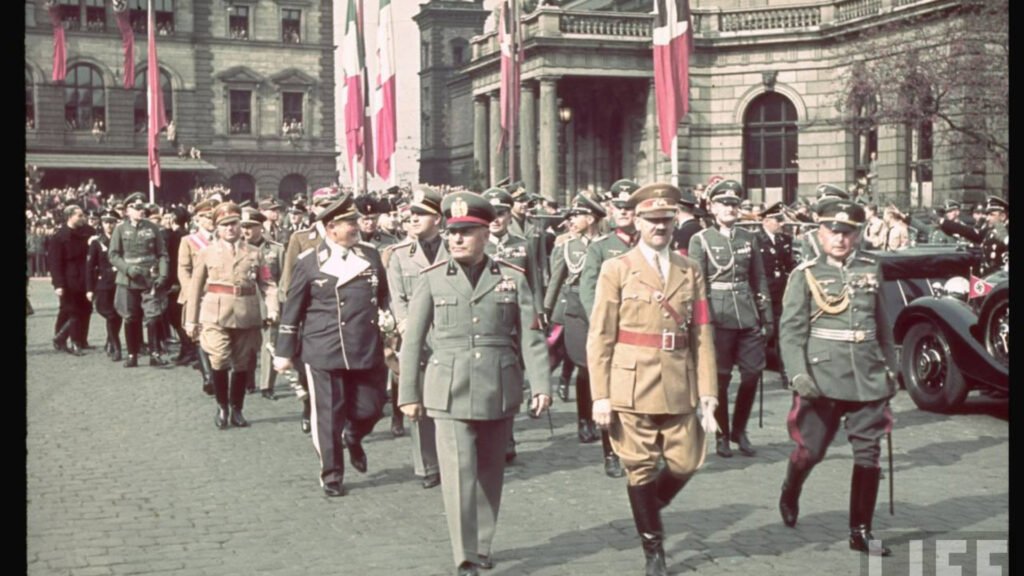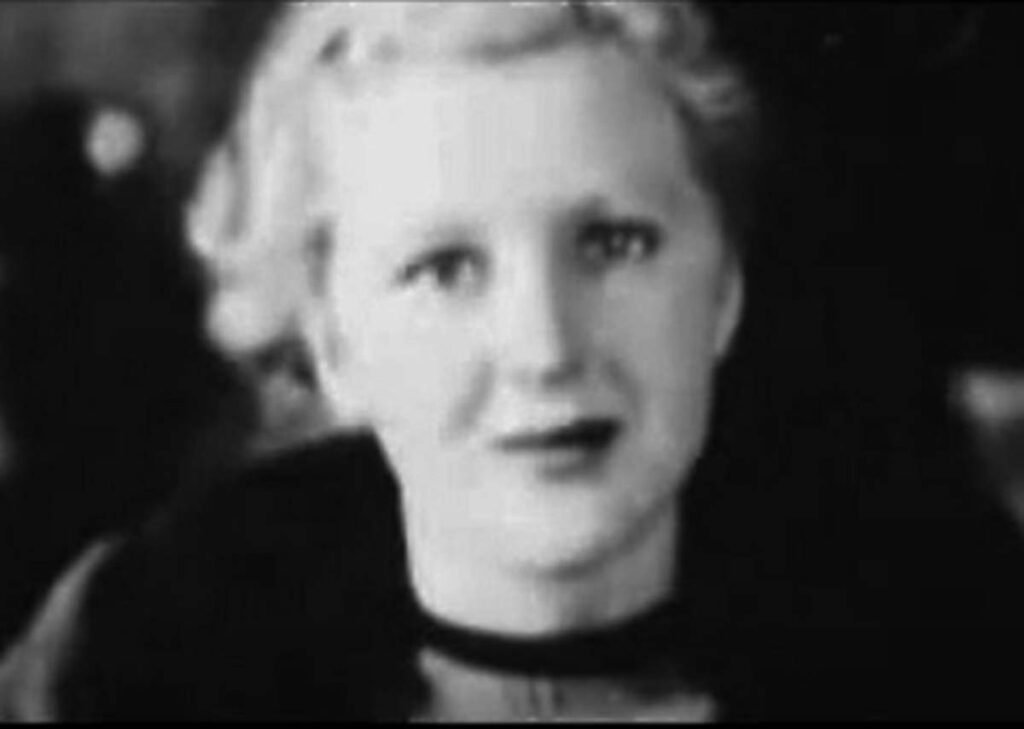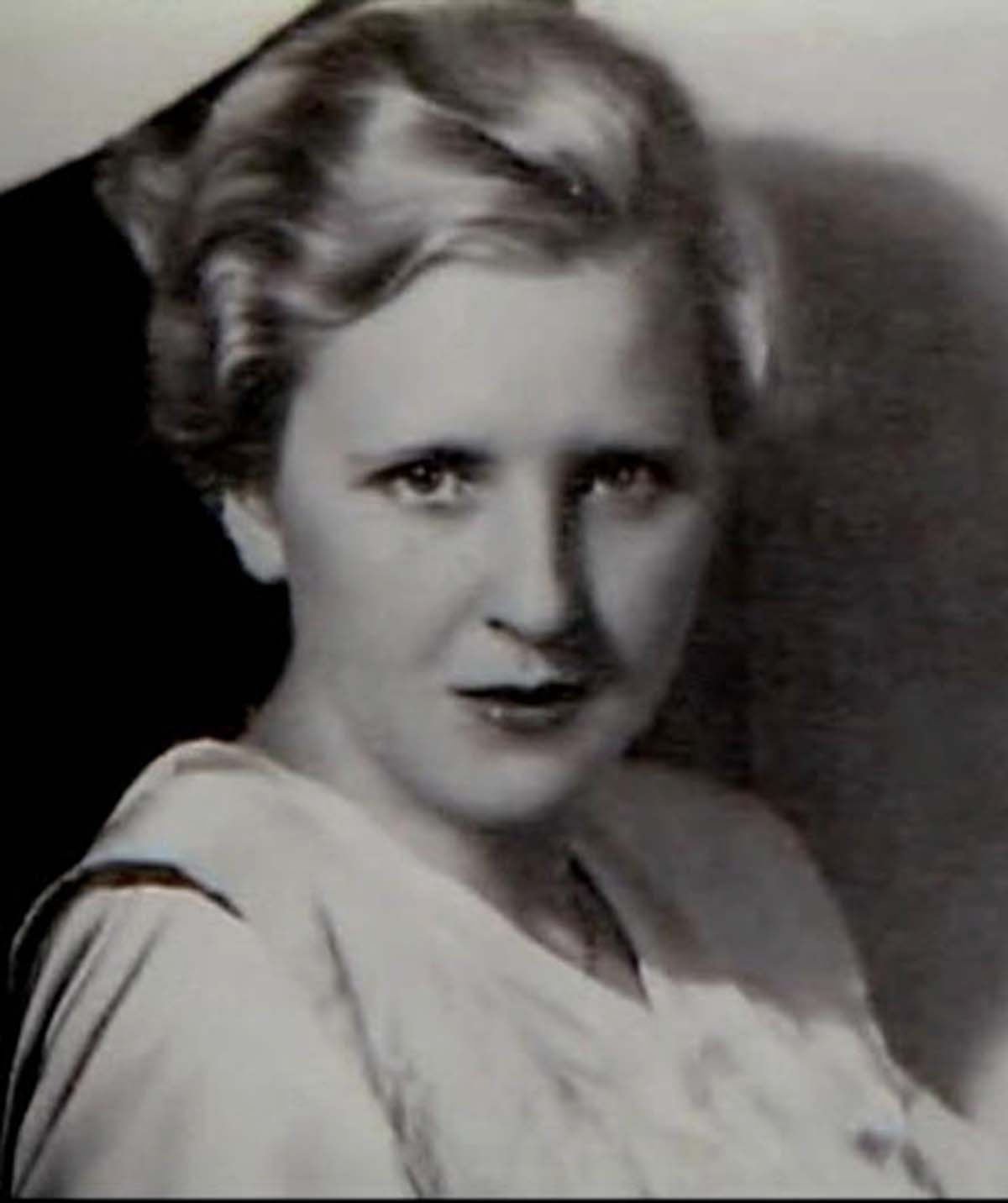Table of Contents
Introduction
“Who Was Hitler Wife” Did you know that Adolf Hitler, one of the most infamous dictators in history, had a wife? Eva Braun, often overshadowed by her husband’s atrocities, led a secretive and tragic life by his side. In this article, we delve into the enigmatic relationship between Hitler and Braun, exploring the complexities of their partnership and the devastating consequences that unfolded as a result.
Key Takeaways:
- Eva Braun was the wife of Adolf Hitler, the notorious dictator.
- Their relationship was shrouded in secrecy, as Braun lived a hidden life alongside Hitler.
- Their partnership was complex, with Braun playing a significant role in Hitler’s life.
- Braun’s tragic fate was sealed with the events that transpired in 1912.
- Exploring the motivations behind their relationship sheds light on the dynamics between two individuals deeply entwined in a web of tragedy and tyranny.
Life with Adolf Hitler. Who Was Hitler Wife

Eva Braun’s life with Adolf Hitler was marked by a complex and secretive relationship. As Hitler’s companion and partner, she played a unique role in his life, offering both personal and emotional support.
Theirs was a controversial and enigmatic connection, hidden from public view for many years. While Eva Braun was known as Hitler’s wife, their marriage remained a secret until the final days of their lives.
The bond between Eva Braun and Adolf Hitler was, in many ways, a reflection of the complexities and contradictions of their respective personalities. Hitler, the influential and powerful leader of Nazi Germany, found solace and companionship in Eva Braun, a woman who promoted an image of happiness and normalcy.
Their relationship was not without its challenges. As Hitler’s wife, Eva Braun faced a life overshadowed by her husband’s political ambitions and the atrocities committed by his regime. Despite the darkness that surrounded them, they sought comfort and happiness in each other’s presence.
Their partnership extended beyond the private sphere. Eva Braun was actively involved in Hitler’s social and political circle, attending events and gatherings with him. However, her role remained primarily that of a companion, providing support and stability in Hitler’s life.
Despite their deep connection, Eva Braun’s influence on Hitler’s decision-making and policies remains a subject of debate among historians. Some argue that she had a limited impact, while others suggest that she played a more significant role than is commonly acknowledged.
“It is said that behind every great man there is a great woman. In the case of Eva Braun and Adolf Hitler, their relationship was marked by secrecy and intrigue, leaving many questions unanswered.”
Her life with Adolf Hitler is a captivating tale of love, loyalty, and tragedy. It sheds light on the complexities of their partnership and the role she played in his life. In the face of immense historical significance, She remains an enigmatic figure, forever linked to the legacy of Adolf Hitler.
| Aspects of Eva Braun’s Life with Adolf Hitler | Details |
|---|---|
| Dynamics of their relationship | The intricacies and complexities of their personal connection. |
| Eva Braun’s role as Hitler’s companion | Her support and presence in Hitler’s life. |
| Eva Braun’s involvement in Hitler’s social and political circle | Her participation in events and gatherings. |
| The influence of Eva Braun on Hitler’s decision-making | Debates and differing perspectives on her impact. |
| The enduring mystery of their relationship | Unanswered questions and the enigmatic nature of their bond. |
The Love: Hitler the Man or Hitler the Nazi Hero?

One of the enduring questions surrounding the relationship between Eva Braun and Adolf Hitler is the true nature of her love for him. Was Eva Braun truly in love with Hitler as a person or did she idolize him as the infamous Nazi leader and demigod figure?
The complexities of their emotional connection have been the subject of much speculation and analysis. Some argue that Eva Braun was enamored with Hitler’s charismatic persona and the power he wielded as the leader of the Nazi party. They believe that she was more infatuated with the idea of Hitler as a symbol of Nazi ideology rather than the man himself.
Others suggest that Eva Braun’s love for Hitler ran deeper and was grounded in genuine affection for him as an individual. They point to the fact that she remained loyal to him throughout their relationship, even in the face of personal danger and public condemnation.
“The whole world will hate me now, simply because I spent my life with you.” – Eva Braun
It is important to consider the context in which Eva Braun lived. The Nazi regime fostered a culture of hero worship and idolization of Hitler, which could have influenced Eva Braun’s feelings toward him. Additionally, she lived a sheltered life, cut off from the realities of the outside world, which may have contributed to her romanticized perception of Hitler.
However, there are also indications that Eva Braun genuinely cared for Hitler as a person. She was known to be a confidante and emotional support for the leader, providing him with companionship and solace during his darkest moments.
The full extent of Eva Braun’s love for Hitler may never be fully understood. The complexities of their relationship and the motivations behind it are the subject of ongoing debate. What is clear, however, is that their connection remained strong until the end.
| Love for Hitler | Cons of Eva Braun’s Love for Hitler |
|---|---|
| – Loyalty despite personal danger | – Infatuation with Nazi ideology |
| – Emotional support for Hitler | – Influence of Nazi culture |
| – Romanticized perception of Hitler |
Postwar: A Tragic Ending.

Had Eva Braun not taken her own life, she would have potentially faced severe consequences and fallout in the postwar period. Her role as the spouse of Adolf Hitler and her close association with the Nazi party would have placed her under intense scrutiny and legal liability.
Eva Braun’s voluntary participation in Hitler’s inner circle and her presence during key historical events would have made her a target for investigation and potential prosecution. As the spouse of one of history’s most notorious figures, she would have faced questions regarding her knowledge and involvement in the atrocities committed during Hitler’s regime.
“The fact that Hitler married Braun and took her on his final days in the bunker shows the significance she played in his life and how closely tied she was to his actions,” states historian Dr. Max Reimann.
The Tragic End Story
Eva Braun’s story ends in tragedy as she ultimately chose to take her own life alongside Hitler in the Führerbunker in April 1945. Their deaths marked the final chapter in a deeply troubled relationship that had spanned over a decade.
The decision to end her life demonstrates Eva Braun’s unwavering loyalty and devotion to Hitler, even in the face of impending defeat and the grim reality of their actions. It is believed that she saw no future beyond Hitler and chose to die by his side rather than face the uncertain and potentially dire consequences that awaited her.
With their deaths, Eva Braun’s story became forever intertwined with that of Adolf Hitler, leaving behind a legacy marred by tragedy, secrecy, and the horrors of Nazi Germany.
The Implications of Involvement
Eva Braun’s association with Adolf Hitler and her voluntary participation in his inner circle raises important questions about her level of responsibility and complicity in the crimes of the Nazi regime.
While the full extent of her knowledge and involvement remains a subject of debate among historians, there is evidence to suggest that she was aware of the atrocities committed under Hitler’s orders. Her presence during official functions, private gatherings, and intimate moments with Hitler raises questions about her complicity, as she witnessed and supported his actions.
Ultimately, Eva Braun’s tragic ending leaves us with a somber reminder of the profound consequences that can arise from personal choices and associations, even long after the events have taken place.
Role in Hitler’s Eyes

Adolf Hitler’s relationship with Eva Braun was not just that of a companion or spouse. He viewed her as more than just a supporter or confidante. Eva Braun held a unique place in Hitler’s life and played a significant role in his eyes.
While Hitler maintained a public image of a powerful leader, Eva Braun provided him with a sense of normalcy and intimacy that he craved. She acted as a counterbalance to the intense pressure and stress of his political life, offering him emotional support and companionship.
“Without you, my life would be empty.”
– Adolf Hitler, as quoted by Eva Braun
Eva Braun’s unwavering loyalty and devotion were reciprocated by Hitler, who cherished her presence. He valued her unwavering commitment and relied on her as a trusted confidante, allowing her access to his private life in the confines of the Berghof, his mountain retreat.
Some speculate that Hitler’s attachment to Eva Braun went beyond emotional comfort, suggesting a deeper romantic and sexual connection. However, the true nature of their relationship remains a subject of debate among historians.
The Controversial Relationship Dynamics
Hitler’s perception of Eva Braun was undoubtedly complex. While he praised her as an ideal companion, historians also highlight the control he exerted over her life, keeping their relationship hidden from public scrutiny. This secrecy raises questions about the power dynamics at play in their partnership.
- Did Eva Braun have agency within their relationship, or was she merely a passive participant?
- Did Hitler’s position of power overshadow her identity and autonomy?
Influence on Hitler
Eva Braun’s influence on Hitler extended beyond their personal relationship. She played a role in shaping Hitler’s public image through her involvement in his propaganda efforts. While her role in influencing policy decisions remains unclear, she actively participated in the creation and dissemination of a carefully crafted image of Hitler as a charismatic leader.
Eva Braun’s presence humanized Hitler and portrayed him as a family-oriented man. She appeared in photographs, videos, and films, helping to construct a narrative that presented Hitler as a relatable figure rather than an authoritarian dictator.
Table: Hitler’s Perception
| Perception | Details |
|---|---|
| Supportive Partner | provided emotional support and companionship to Hitler, offering a sense of normalcy amidst the demands of his political life. |
| Confidante | Hitler trusted his wife with his private thoughts and allowed her access to his inner circle, valuing her unwavering loyalty. |
| Symbol of Normalcy | Eva Braun allowed Hitler to present a domestic image, humanizing him and portraying him as a relatable family-oriented figure. |
H3: A Complicated Dynamic
The relationship between Hitler and his wife was far from straightforward. It encompassed love, secrecy, power dynamics, and manipulations. Untangling the nuances of their connection provides insight into Hitler’s character and sheds light on the tragic events of that era.
Life & Cause of Death
She lived a life full of intrigue and mystery, forever linked to the enigmatic figure of Adolf Hitler. Born on February 6, 1912, in Munich, Germany, Braun was the daughter of a school teacher and grew up in a middle-class family.
During her early twenties, Braun worked as a photographer’s assistant and became acquainted with Hitler’s inner circle. It was during this time that she embarked on a journey that would forever alter the course of her life.
A Fascination with Hitler
Braun’s fascination with Hitler grew during their time together, and she became deeply infatuated with him. Despite the significant age difference, with Braun being seventeen years younger than Hitler, their relationship evolved over time.
As Hitler’s relationship with Braun became more serious, she moved into his residence, the Berghof, located in the Bavarian Alps. Although Hitler kept the relationship private, Braun eventually became his companion and confidante.
The Tragic End
Tragically, Her life came to a devastating end on April 30, 1945. As Allied forces closed in on Hitler’s bunker in Berlin during the final days of World War II, Braun made the decision to stay by Hitler’s side until the end.
In a shocking turn of events, Eva Braun and Adolf Hitler took their own lives in the bunker on that fateful day. They were married just hours before their deaths, solidifying their bond and sealing their tragic fate.
“I will follow you wherever you go,” Braun famously declared to Hitler.
Her death marked the end of a tumultuous relationship that had endured years of secrecy, tragedy, and devotion. Her role as Hitler’s spouse has sparked endless fascination and speculation, offering a glimpse into the complex dynamics of their partnership.
A Timeline of Eva Braun’s Life
| Year | Event |
|---|---|
| 1912 | Eva Braun is born in Munich, Germany |
| 1932 | Braun meets Adolf Hitler and becomes infatuated with him |
| 1936 | Braun moves into Hitler’s residence, the Berghof |
| 1945 | Braun marries Hitler and takes her own life alongside him |
Eva Braun’s life and tragic demise continue to captivate historians, sparking debates and inquiries into the motivations behind her devotion to Hitler. Her story serves as a haunting reminder of the complexities of human relationships and the lasting impact they can have in history.
Did She Have a Child?
The question of whether Eva Braun had a child has long been a subject of speculation and curiosity. There is no definitive evidence to suggest that Eva Braun and Adolf Hitler had any children together. However, some rumors and claims have circulated over the years, prompting further investigation into this intriguing possibility.
One theory suggests that Eva Braun may have become pregnant and given birth to a child during her time with Hitler. However, there is a lack of concrete evidence to support this claim. The absence of any official documentation or reliable eyewitness accounts makes it challenging to determine the truth behind these rumors.
It is important to note that Eva Braun’s role in Adolf Hitler’s life was primarily that of a companion rather than a spouse in the traditional sense. Their relationship was kept secret for many years, and they did not marry until shortly before their deaths in 1945.
While there is no substantiated evidence to support the notion that Eva Braun had a child, the possibility cannot be entirely dismissed. The secretive nature of their relationship and the chaos of the final days of World War II leave room for speculation and unanswered questions.
Without concrete evidence, the question of whether Eva Braun had a child remains a mystery, adding to the enigma surrounding her life and relationship with Adolf Hitler.
Age Gap: When Met Hitler
First crossed paths with Adolf Hitler, there was a significant age difference between the two. She was born on February 6, 1912, in Munich, Germany, making her 23 years old at the time they met. In contrast, Adolf Hitler was born on April 20, 1889, in Braunau am Inn, Austria, which means he was 40 years old when their paths converged.
The age gap of 17 years between her and Adolf Hitler was a considerable factor in their relationship. While Eva was in her early 20s, Hitler was already a prominent political figure and had risen to power as the leader of the Nazi Party. This age difference may have had implications for the power dynamics within their relationship and the balance of influence between them.
It is worth noting that the age difference between Eva Braun and Adolf Hitler did not deter their connection, as they became romantically involved and eventually got married. This age gap sheds light on the dynamics of their relationship and invites speculation about the motivations behind their union.
Eva Braun’s Religion: Unveiling Her Beliefs
Religious beliefs have often been a subject of speculation and curiosity. While little is known about her spiritual inclinations, it is widely believed that she was raised in a Catholic family and attended a Catholic school during her childhood.
However, as an adult, Eva Braun’s religious practices and convictions remain largely unknown. It is unclear if she continued to actively practice Catholicism or if she held any other religious beliefs.
The influence of religion in Eva Braun’s life, particularly in relation to her relationship with Adolf Hitler, is a topic of interest. Some historians suggest that religion played a limited role in their partnership, as Hitler was known for his disdain towards organized religion and his inclination towards spiritualism and mythology.
While there is no conclusive evidence to determine Eva Braun’s religious stance or whether it had any impact on her actions or decisions, her connection with Hitler raises questions about the role of religion in their personal and political lives.
To gain deeper insights into Eva Braun’s beliefs and the effect of religion on her relationship with Hitler, further research and analysis are necessary.
Conclusion
In conclusion, the life of Eva Braun, wife of Adolf Hitler, was one of tragedy and despair. Despite being Hitler’s companion and partner, their relationship remains enigmatic and complex. Although Braun’s love for Hitler is still debated, her role in his life cannot be underestimated.
Following Hitler’s death, Eva Braun faced the grim reality of the Nazi regime’s crimes and the potential consequences she would have had to face. Ultimately, she chose to take her own life, leaving behind a legacy that is deeply intertwined with Hitler’s reign of terror.
While speculation exists about Eva Braun having a child, there is no concrete evidence to support this claim. The circumstances surrounding her death and the lack of surviving descendants contribute to the mystery surrounding her personal life.
Eva Braun was just a young woman of 17 when she first met Hitler, who was 40 at the time. This significant age gap undoubtedly influenced their relationship dynamics and the power dynamic between them.
The influence of religion in Eva Braun’s life remains unclear. Although Hitler adhered to a form of pagan mysticism, it is uncertain how Braun’s religious beliefs contributed to their relationship or influenced her actions.
In the end, the story of Eva Braun is one of tragedy, power, and the destructive force of Nazi ideology. Her life will forever be linked to that of Adolf Hitler, leaving us with more questions than answers.
FAQs
Who was Hitler’s wife?
Hitler’s wife was Eva Braun, whom he married in a civil ceremony shortly before their joint suicide in 1945.
How did Hitler and Eva Braun meet?
Eva Braun first met Hitler in Munich when she was 17 years old, and she became his companion and later his wife.
Why did Hitler keep his relationship with Eva Braun private?
Hitler kept his relationship with Eva Braun private to maintain a certain image and perception, as well as to avoid potential political complications.
Did Hitler and Eva Braun have children?
No, Hitler and Eva Braun did not have children. They both died by suicide in the Führerbunker in Berlin in 1945.
What was the nature of Hitler and Eva Braun’s relationship?
Their relationship was characterized by secrecy, and Eva Braun was not involved in Hitler’s political affairs. She was kept away from the public eye.

